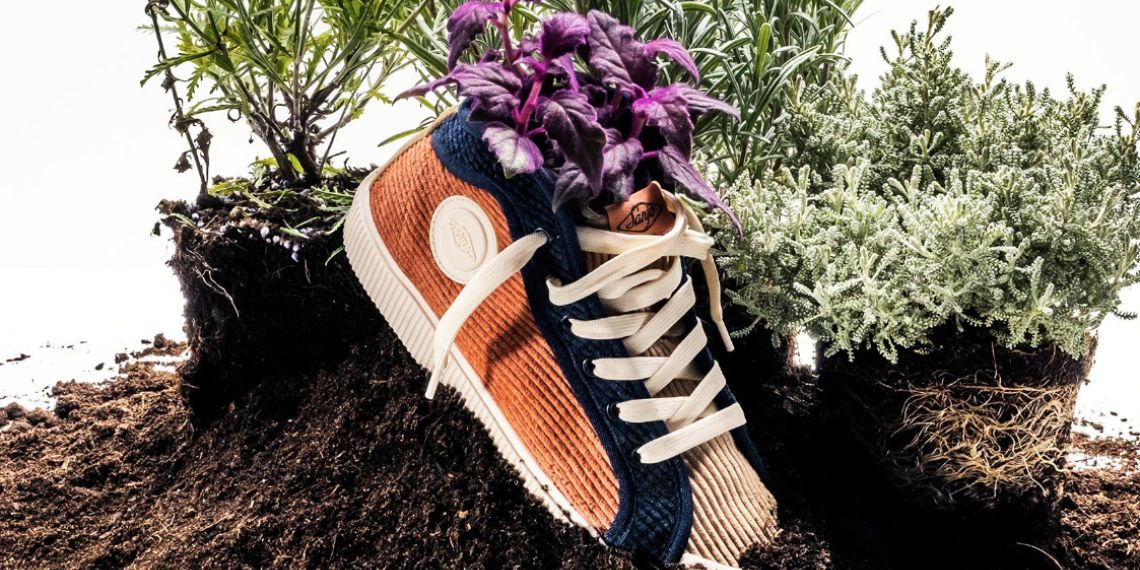INESC TEC is one of 70 partners in a project that aims to improve and promote sustainability in the footwear industry. With over €70M in funding from the Recovery and Resilience Plan (PRR), the BioShoes4All project promises to revolutionise the sector, positioning it as a global leader in the circular economy.
To understand the long journey of the footwear industry to the present day, we must go back to the 19th century: from artisanal production to the industrialisation of the sector in the 1950s, it is a story of transformation characterised by economic and technological challenges. The establishment of the Portuguese Footwear, Components, Leather Goods Manufacturers’ Association (APICCAPS) in 1975 was vital to overcome new barriers (both physical and technological). Nearly 50 years later, the focus shifted to sustainability, according to important pillars like the development of biomaterials, the digitalisation of the production chain, and the creation of new technologies.
This is not the first time INESC TEC joined this association on projects targeting innovation and the digitalisation of the footwear sector; this time, it aims to play a decisive role in the value chain. “By adopting advanced production optimisation algorithms and innovative technologies for tracking the footwear production value chain, we are creating solutions that increase the efficiency and sustainability of the industry,” said Rui Rebelo, a researcher at INESC TEC. Technologies will be developed to optimise processes, reduce waste, and promote product circularity.
“We will leverage our expertise in areas like digital platforms, simulation, optimisation, energy, and robotics to develop innovative solutions for traceability and circularity. These will help companies implement the Digital Product Passport and increase product circularity, reduce energy consumption, and minimise material waste in processes such as injection moulding and robotic cells for complex operations (including processes like sole and upper scouring and glue deposition),” he added.
The project will support footwear and leather companies, as well as end consumers, who will have access to more sustainable products. “The impact of this project goes beyond the sector, and we aim to create a bioeconomy model that can be replicated in other industries and pave the way for further innovations,” Rui Rebelo pointed out.
The BioShoes4All project is set to conclude in December 2025 and reinforces the national commitment to sustainable innovation and the green economy.
The researcher mentioned in this news piece is associated with INESC TEC.


 News, current topics, curiosities and so much more about INESC TEC and its community!
News, current topics, curiosities and so much more about INESC TEC and its community!